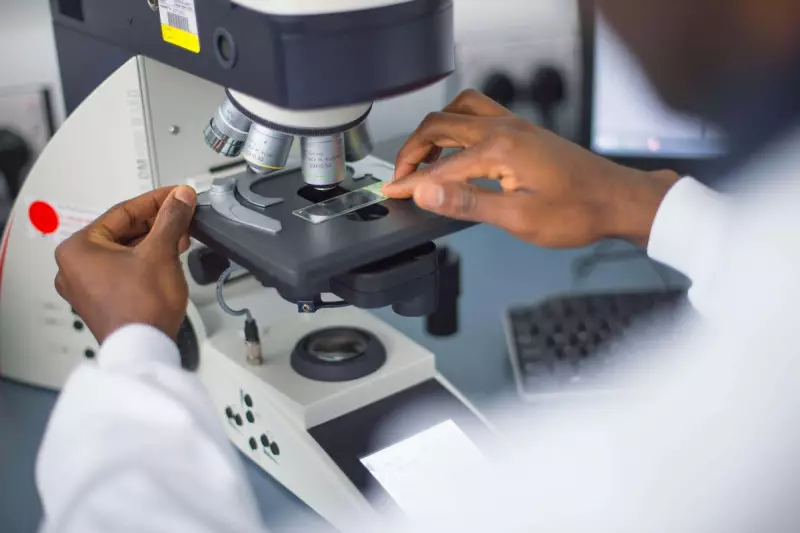
In a medical breakthrough that could transform cancer diagnosis and treatment, scientists at London's Institute of Cancer Research have developed a revolutionary new testing method that analyses RNA alongside traditional DNA testing.
The innovative approach promises to provide doctors with significantly more comprehensive information about cancerous tumours, potentially leading to earlier detection and more personalised treatment plans for patients.
Beyond DNA: The RNA Revolution
While current genetic testing primarily focuses on DNA analysis, this new method examines RNA - the molecule that translates genetic instructions from DNA into cellular functions. This additional layer of information offers unprecedented insights into how cancer cells actually behave and function.
Professor Andrea Sottoriva, who led the research team, explained the significance: "By looking at RNA in addition to DNA, we're getting a much more complete picture of what's happening within cancer cells. It's like moving from reading a basic instruction manual to watching the actual machinery in operation."
How the New Testing Method Works
The revolutionary technique involves:
- Analysing both DNA and RNA from tumour samples
- Providing real-time information about cancer cell activity
- Identifying specific vulnerabilities in different cancer types
- Enabling more accurate monitoring of treatment effectiveness
Potential Impact on Cancer Care
This dual-approach testing could dramatically improve several aspects of cancer management:
Earlier Detection: The enhanced sensitivity of RNA testing might identify cancers at earlier stages, when they're most treatable.
Personalised Treatment: By understanding exactly how an individual's cancer is functioning, doctors could tailor treatments more precisely.
Treatment Monitoring: The method allows clinicians to track how cancers evolve and respond to therapy in real-time.
The London Research Hub
This groundbreaking work positions London at the forefront of cancer research innovation. The Institute of Cancer Research continues to build on its reputation as a world-leading centre for oncology advances.
The research team is now working to validate these findings across larger patient groups and different cancer types, bringing this promising technology closer to clinical application.
While more research is needed before this testing method becomes widely available in hospitals, it represents a significant step forward in the global fight against cancer and offers new hope for millions affected by the disease worldwide.





